White House aides reportedly learned of the coronavirus test shortages from the media

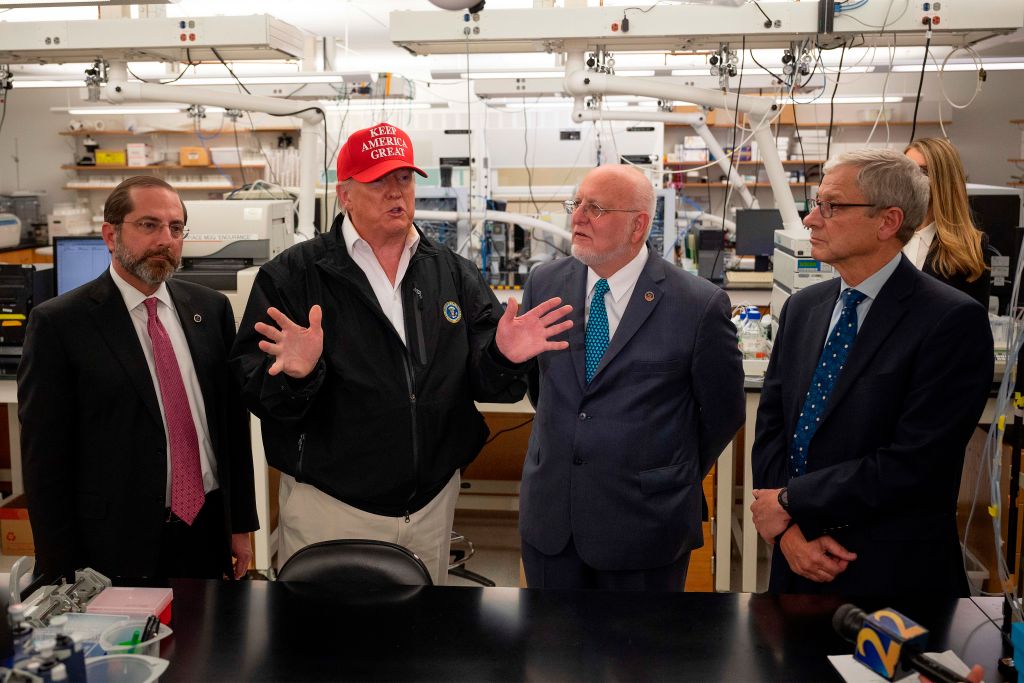
A free daily email with the biggest news stories of the day – and the best features from TheWeek.com
You are now subscribed
Your newsletter sign-up was successful
If South Korea has become a model of how early, aggressive testing can help contain the COVID-19 coronavirus, the U.S. is at risk of become one of the cautionary tales. Nearly two months after the first COVID-19 case was discovered in the U.S., America's "testing capacity remains extraordinarily limited compared to where we should be," Harvard epidemiologist Michael Mina tells NPR.
"Some White House aides learned of complaints about the availability of testing from the media, not the public-health officials in their own government," The Wall Street Journal reports, citing an administration official familiar with the matter. "Only in the first week of March did discussions in a White House coronavirus task force about the testing shortfall take on a sense of urgency."
The Centers for Disease Control and Prevention (CDC) started shipping test kits to state and local government labs in early February, with narrow criteria for who could get tested. When those tests proved to be flawed, the CDC recalled then in mid-February.
The Week
Escape your echo chamber. Get the facts behind the news, plus analysis from multiple perspectives.

Sign up for The Week's Free Newsletters
From our morning news briefing to a weekly Good News Newsletter, get the best of The Week delivered directly to your inbox.
From our morning news briefing to a weekly Good News Newsletter, get the best of The Week delivered directly to your inbox.
By Feb. 24, state and local labs were begging the Food and Drug Administration to loosen rules preventing non-CDC labs from using their own tests. On Feb. 26, the CDC told state and local officials via email that its "testing capacity is more than adequate to meet current testing demands," the Journal reports. On Feb. 29, the FDA, under pressure, waived some of the rules to allow broader testing by state, academic, and private labs. Quickly, a run on crucial test kit ingredients depleted supplies.
"Health-care officials say the current state of testing reflects both technical and planning failures, as well as a broader failure of imagination," the Journal says. "Leaders including President Trump and Health and Human Services Secretary Alex Azar early in the outbreak appeared unable or unwilling to envision a crisis of the scale that has now emerged, and no one stepped up to effectively coordinate among federal agencies or the private-sector labs, medical providers, and manufacturers needed for a large-scale testing push, they say." Read more at The Wall Street Journal.
A free daily email with the biggest news stories of the day – and the best features from TheWeek.com
Peter has worked as a news and culture writer and editor at The Week since the site's launch in 2008. He covers politics, world affairs, religion and cultural currents. His journalism career began as a copy editor at a financial newswire and has included editorial positions at The New York Times Magazine, Facts on File, and Oregon State University.
-
 Political cartoons for February 18
Political cartoons for February 18Cartoons Wednesday’s political cartoons include the DOW, human replacement, and more
-
 The best music tours to book in 2026
The best music tours to book in 2026The Week Recommends Must-see live shows to catch this year from Lily Allen to Florence + The Machine
-
 Gisèle Pelicot’s ‘extraordinarily courageous’ memoir is a ‘compelling’ read
Gisèle Pelicot’s ‘extraordinarily courageous’ memoir is a ‘compelling’ readIn the Spotlight A Hymn to Life is a ‘riveting’ account of Pelicot’s ordeal and a ‘rousing feminist manifesto’
-
 Paramount fights Netflix for Warner as Trump hovers
Paramount fights Netflix for Warner as Trump hoversSpeed Read Paramount Skydance is seeking to undo Netflix’s purchase of Warner Bros. Discovery
-
 Paramount, Comcast, Netflix bid for WBD
Paramount, Comcast, Netflix bid for WBDSpeed Read The outcome of this bidding war ‘could alter the trajectory of the entertainment business’
-
 Laurence Fox suspended by GB News after 'unacceptable' Ava Evans comments
Laurence Fox suspended by GB News after 'unacceptable' Ava Evans commentsSpeed Read Broadcaster issues apology after actor goes on a tirade during a live interview with Dan Wootton
-
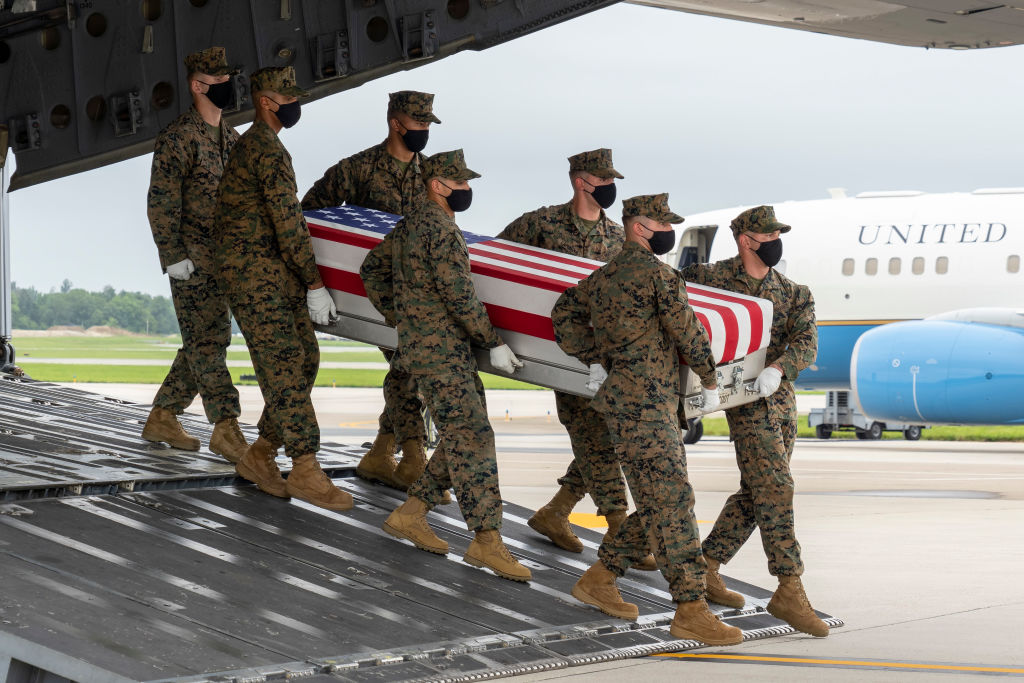 Fox News apologizes to Gold Star family for false story Marine Corps called 'disgusting'
Fox News apologizes to Gold Star family for false story Marine Corps called 'disgusting'Speed Read
-
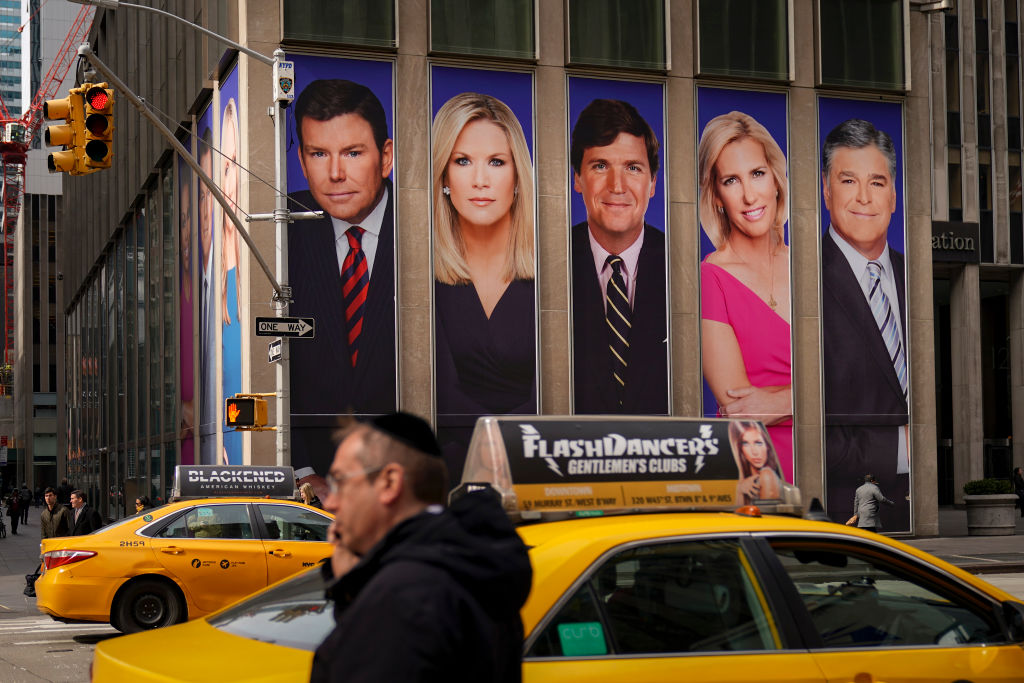 Tucker Carlson Tonight is being replaced by Fox News Tonight
Tucker Carlson Tonight is being replaced by Fox News TonightSpeed Read
-
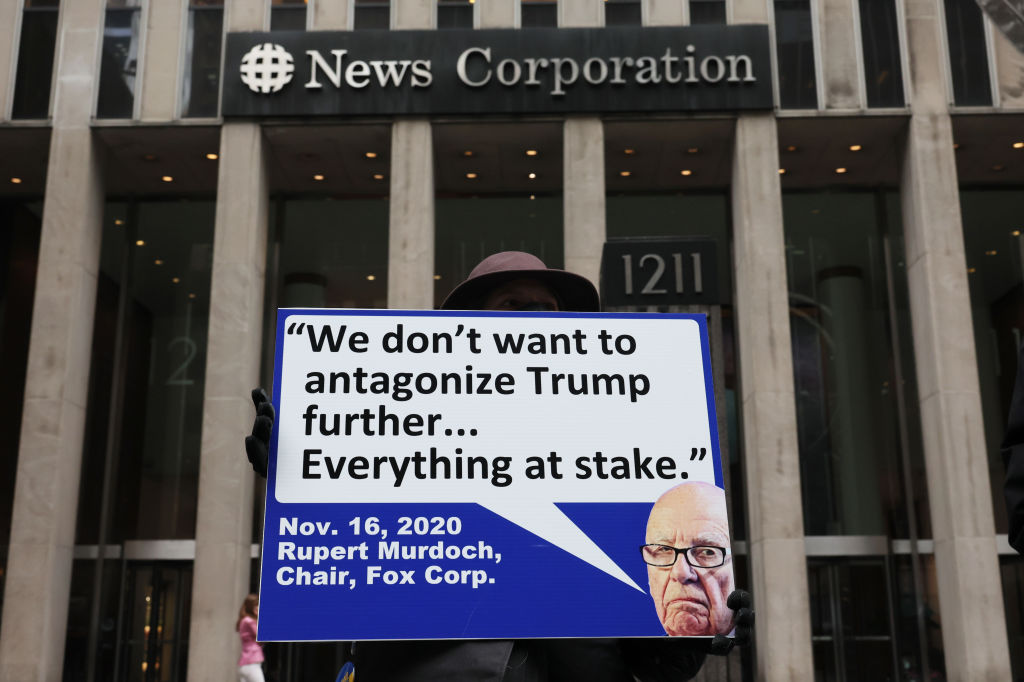 Judge delays Fox News-Dominion defamation trial start, reportedly to allow settlement talks
Judge delays Fox News-Dominion defamation trial start, reportedly to allow settlement talksSpeed Read
-
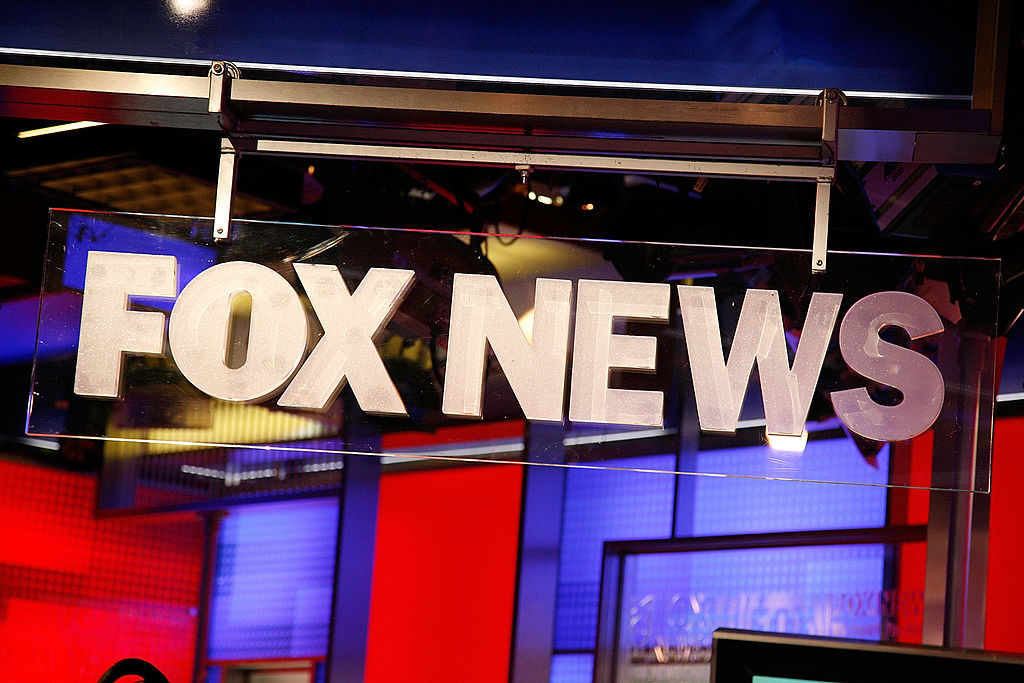 Judge orders Dominion lawsuit against Fox News to go to trial
Judge orders Dominion lawsuit against Fox News to go to trialSpeed Read
-
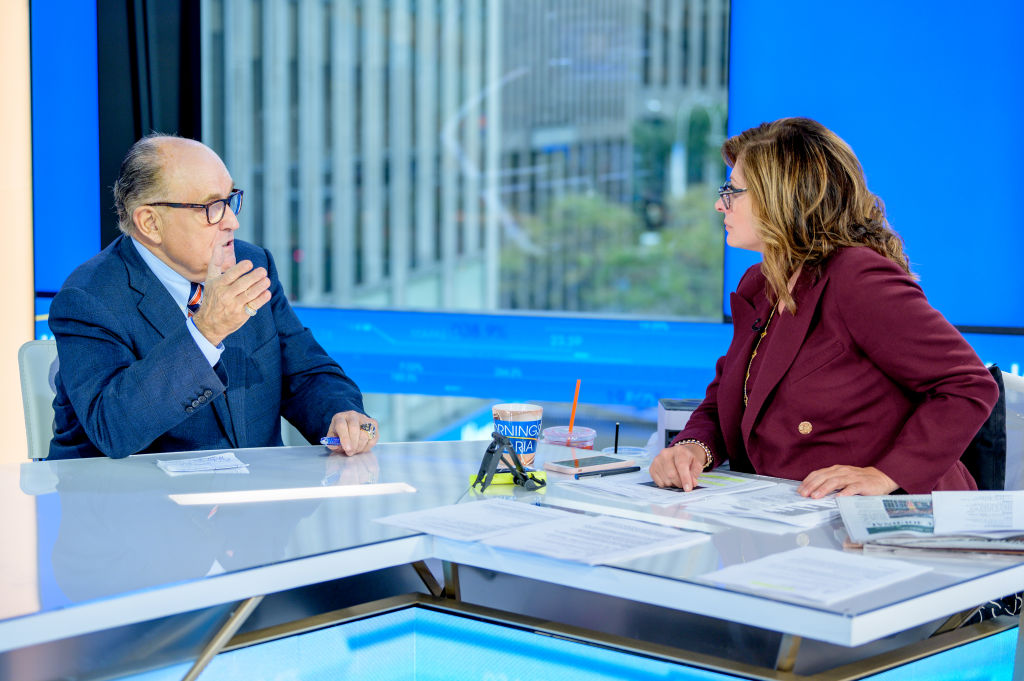 Fox News seeks gag order for producer who claims she was coerced to mislead in Dominion deposition
Fox News seeks gag order for producer who claims she was coerced to mislead in Dominion depositionSpeed Read
